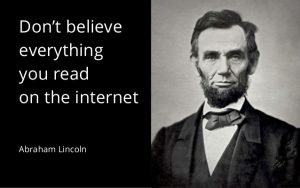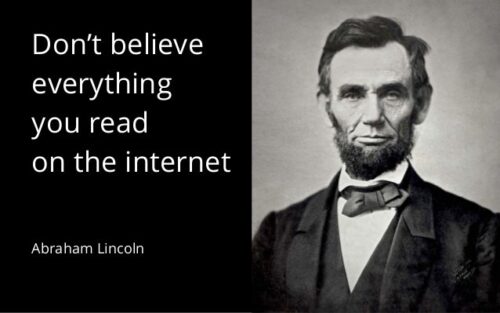What is Fake News and What is Opinion?

Which brings me to the real point of this blog post. Over the last few years, in the public relations industry we have been discussing the evolving nature of media and who can be a considered “reporter?” With the growth of the Internet and the number of online blogs, websites, and “news” sites in conjunction with everyone having a cell phone, particularly with video capabilities, it really does seem that anyone can be a reporter.
While this is something that we as public relations professionals should take note of, I have to ask to what extent? Just because something is “published” online doesn’t make it truthful or news because anyone (including myself) can write and put content and opinions online. And now with “Fake News” (which I am sure will be one of the phrases of the year), fake websites and fake reporting, how does one really know what to believe and what not to believe? As public relations professionals it is our job, especially on behalf of our clients, to research all outlets to determine their validity and what would be most appropriate for our clients’ goals.
In closing, if The Chainsmokers were my client, I would advise them against taking any validity in this article that compares them to Nickelback, because they are nothing like Nickelback and now that it’s been published online that statement must be true?

